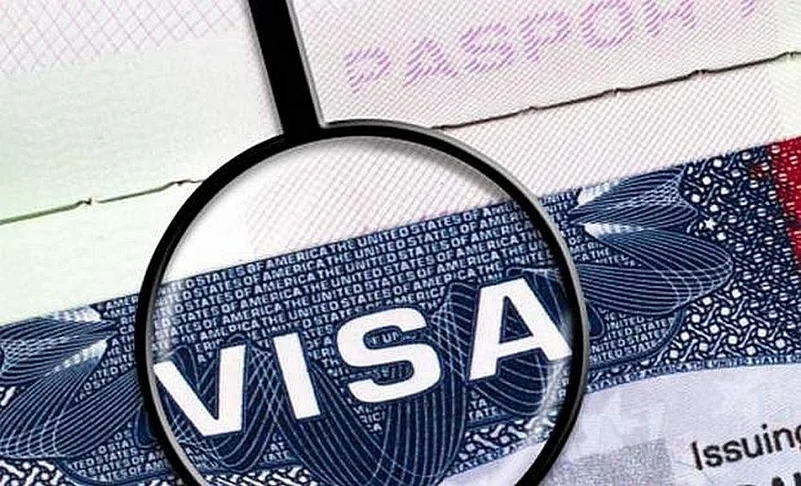Canada on Friday announced the cancellation of Student Direct Stream (SDS) and Nigeria Student Express (NSE) initiatives, which used to provide faster processing times for study permits for international students from specific countries, including India.
This announcement marks a major change, particularly for Indian students who have benefitted from fast-tracked visa processing under the SDS since 2018.
This marks a significant shift in Canada’s immigration and visa processing landscape amid ongoing tensions with India.
What Were Provisions Of SDS And NSE?
The Student Direct Stream was introduced by Canada in 2018 to streamline the study permit application process for students from a select group of countries.
Under this program, applicants from nations such as India, China, Pakistan, and the Philippines enjoyed faster processing times for their study permits, as long as they met certain criteria. These criteria included providing proof of funds, often in the form of a Guaranteed Investment Certificate (GIC), and meeting other specific academic and financial requirements.
India, in particular, has been one of the largest beneficiaries of the SDS program, with tens of thousands of students taking advantage of the expedited processing to study in Canadian institutions.
How Will This Impact Indian Students?
Shift to Regular Study Permit Process:
With the termination of the SDS program, Indian students will now have to apply for their study permits through the regular study permit stream. While this change does not affect the eligibility criteria for students, it is expected to result in longer processing times. The fast-tracked treatment that SDS offered, took the applications to be processed in a matter of weeks but it will no longer apply.
Increased Waiting Times:
Without the fast-track processing under SDS, students will likely experience longer wait times for their study permits. This may cause some anxiety among prospective students, as the regular processing stream often involves extended timelines, sometimes stretching to several months, especially during peak application periods.
No Impact on Eligibility:
The termination of SDS does not affect the eligibility for students applying to study in Canada. Indian applicants can still qualify for study permits by meeting the usual academic, financial, and language requirements. However, they will need to be prepared for potential delays, and should factor in the longer processing times when planning their studies abroad.
For students who had already submitted their study permit applications under the SDS program before the 2 pm ET deadline on November 8, 2024, their applications will still be processed under the SDS guidelines, meaning they will continue to enjoy the faster processing times.
However, any study permit applications submitted after the cut-off date will be processed through the regular study permit stream.
For students who are already in the process of applying, they will have to expect longer waits for their applications to be processed and approved.
India has been one of the largest sources of international students for Canada, with more than 100,000 Indian students currently enrolled in Canadian educational institutions.
The discontinuation of the SDS program could have several broader implications including a slight decrease in the number of Indian students choosing Canada.
This may also lead to an overall increase in application backlogs, especially during peak periods, which could impact students from all over the world.
Although, Canada is still expected to remain a popular destination for higher education.
The Canadidan government also emphasized its commitment to international students and ensured they have access to positive academic experiences and support during their studies. This includes addressing concerns related to student vulnerability, which could arise from the pressures of managing a fast-tracked visa process.




























